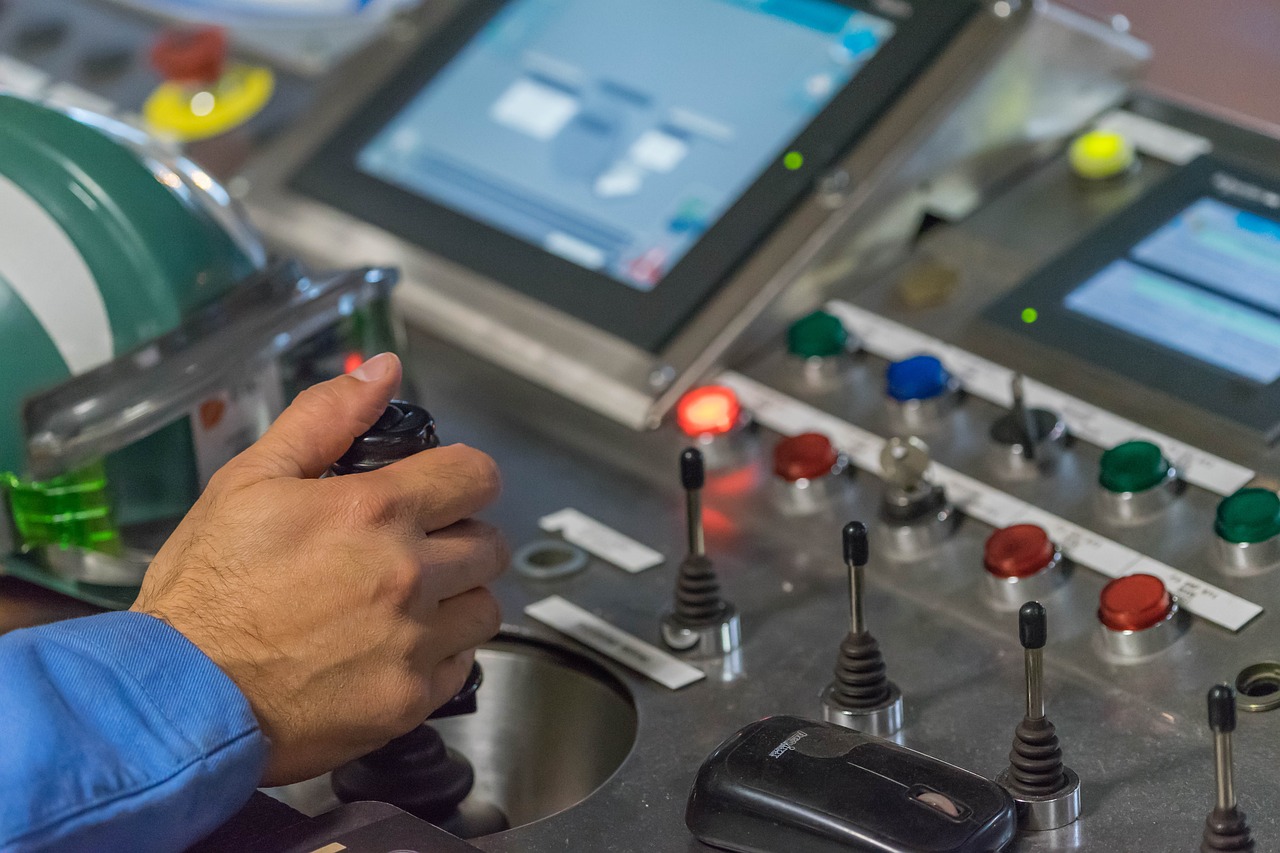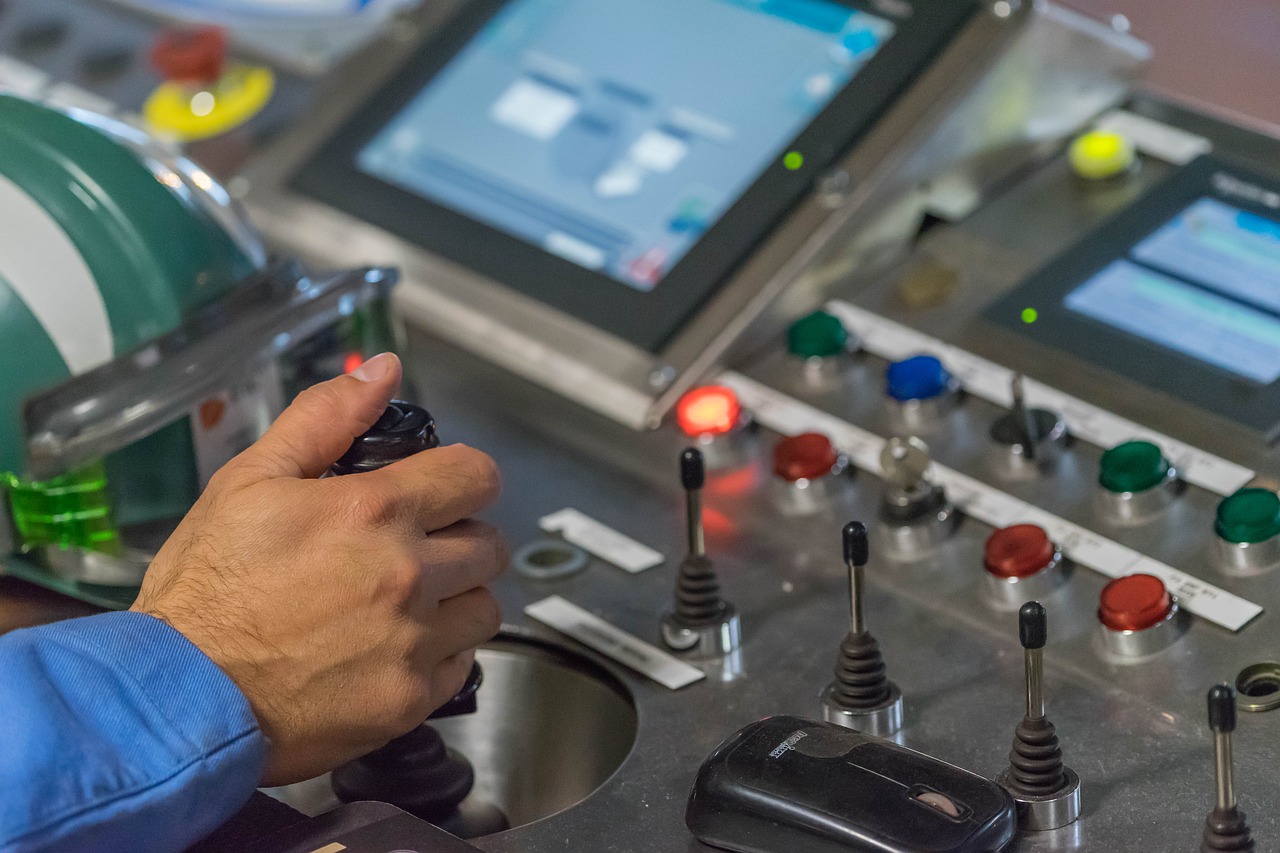Ecommerce Trends 2025: How Process Automation Transforms Business

Understanding Ecommerce Process Automation in 2025
The key to thriving in ecommerce in 2025 is embracing process automation, which significantly improves efficiency and customer satisfaction. Automation is no longer a luxury reserved for large companies; it is vital for businesses of all sizes to compete effectively. By automating tasks like order processing, customer support, marketing, and security, ecommerce brands can reduce errors, save time, and enhance the shopping experience. According to industry reports, automation adoption has increased by over 40 percent in ecommerce over the past three years, directly contributing to faster delivery times and higher customer retention rates. ## Why Automation Is Essential for Ecommerce Success. Question: Why must ecommerce businesses adopt automation now?
A: The ecommerce landscape is more competitive than ever, with customers expecting faster service and personalized interactions. Automation helps businesses meet these demands efficiently. For instance, AI-driven inventory systems update stock levels in real-time, reducing overselling by up to 30 percent. Automated customer service chatbots can handle up to 70 percent of routine inquiries instantly, decreasing response times and freeing human agents for complex issues. Without automation, companies risk falling behind competitors who offer smoother, faster experiences.
How Automated Order Processing Improves Fulfillment
Q: How does automating order processing benefit ecommerce operations?
A: Automated order processing systems streamline handling large transaction volumes without human errors. AI-powered inventory management ensures stock accuracy, cutting down stockouts by nearly 25 percent. Smart warehouses equipped with robotic picking reduce fulfillment times by an average of 20 to 40 percent, enabling businesses to meet growing customer expectations for rapid delivery. These efficiencies not only improve customer satisfaction but also reduce operational costs by minimizing manual labor and mistakes.

Using AI Chatbots to Enhance Customer Support
Q: What role do AI chatbots play in ecommerce customer service?
A: AI chatbots provide immediate responses to common customer questions, process returns, and even suggest additional products based on shopping behavior. This automation allows 24/7 customer support, reducing average wait times from minutes to seconds. According to a 2024 customer service benchmark, companies using chatbots saw a 35 percent increase in customer satisfaction scores. Moreover, chatbots help businesses upsell effectively, boosting revenue by up to 15 percent through personalized recommendations.

Automating Marketing for Personalized Customer Engagement
Q: How does marketing automation improve ecommerce sales?
A: Marketing automation tools enable businesses to deliver personalized content and product recommendations at scale without manual effort. Automated email campaigns, dynamic product suggestions powered by machine learning, and scheduled social media posts keep customers engaged consistently. Research shows that personalized marketing can increase conversion rates by 10 to 15 percent and improve customer retention by 5 to 10 percent annually. Using these tools helps ecommerce brands maintain a strong connection with customers and drive repeat purchases.

Strengthening Security with Automated Fraud Detection
Q: Why is automated fraud detection critical for ecommerce?
A: With rising cybersecurity threats, protecting transactions is essential. AI-based fraud detection systems analyze transaction patterns in real-time to identify suspicious activities, reducing chargebacks by up to 50 percent. Automating security measures allows ecommerce businesses to respond quickly to threats and protect customer data without slowing down the checkout process. This proactive approach builds trust, which is crucial since 68 percent of customers avoid stores with poor security records.
Leveraging Marketing 360 to Maximize Automation Benefits
Q: How can Marketing 360 support ecommerce automation strategies?
A: Marketing 360 offers comprehensive automation solutions that streamline email marketing, SEO, content creation, reputation management, and influencer campaigns. Their tools help businesses engage customers effectively while minimizing manual work. For example, companies using Marketing 360 reported a 20 percent increase in lead generation and a 30 percent boost in conversion rates within six months. Scheduling a free 1×1 website checkup with a Volusion Client Growth Specialist can help identify automation opportunities tailored to your business needs.

Preparing Your Ecommerce Business for the Future
To stay ahead in 2025 and beyond, ecommerce businesses must adopt the right automation tools and strategies. This approach ensures scalable growth, operational efficiency, and superior customer experiences. By investing in AI-driven order fulfillment, customer support, marketing personalization, and fraud detection, companies can meet rising customer expectations and reduce operational risks. Staying informed and proactive about automation trends will position your ecommerce brand for long-term success in an increasingly digital marketplace. Keep an eye out for more insights in our Ecommerce Trends in 2025 series, where we’ll continue exploring innovations transforming online retail.
